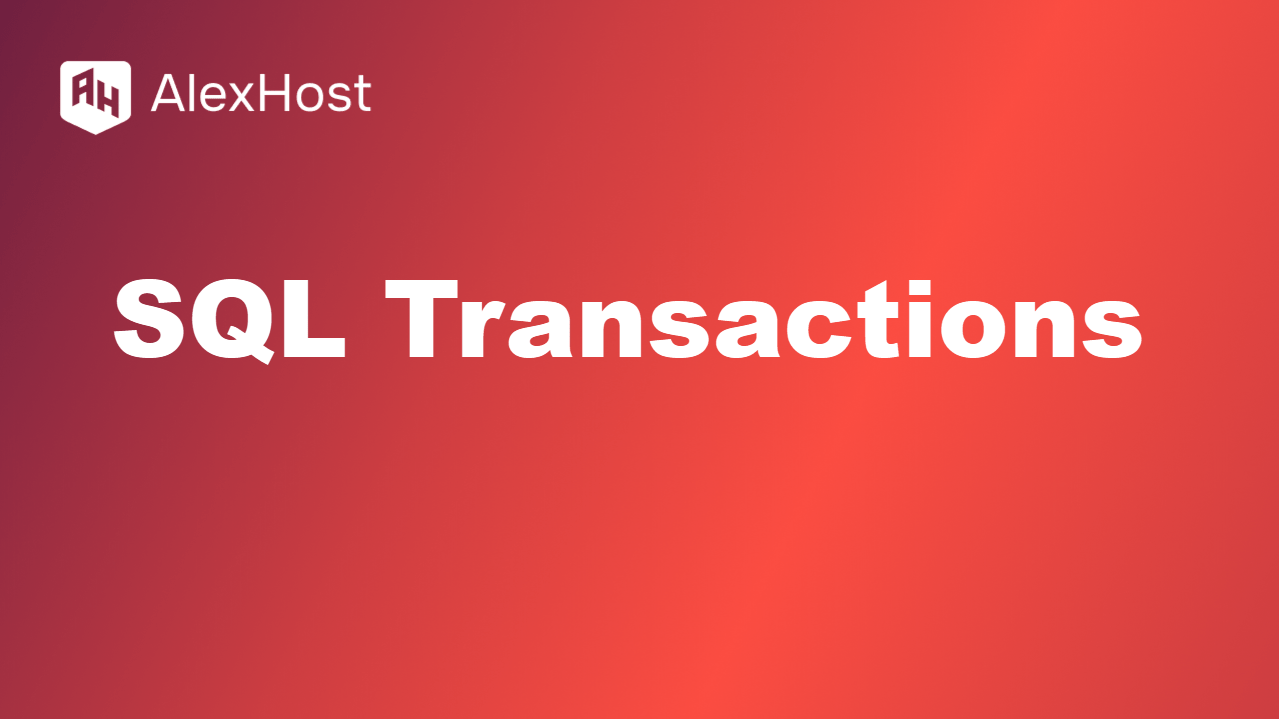How to Set Up Email in Outlook
Setting up your email in Microsoft Outlook allows you to manage all your emails, contacts, and calendar events in one place. Whether you’re using Outlook for personal or business purposes, connecting your email account is straightforward and can be done in just a few steps. Outlook supports many email providers, including Gmail, Yahoo, Outlook.com, and custom business emails (IMAP, POP, or Exchange).
In this article, we’ll walk through how to set up your email account in Microsoft Outlook, covering both automatic and manual configurations.
Step 1: Launch Microsoft Outlook
Before setting up your email account, make sure that Microsoft Outlook is installed on your device. You can use Outlook as part of the Microsoft Office suite or through Office 365.
- Open Microsoft Outlook on your computer.
- If this is your first time opening Outlook, you will be prompted to add an email account. If you already have an account set up, you can add a new one by going to File > Add Account.
Step 2: Automatic Setup for Popular Email Providers
For popular email services such as Gmail, Yahoo, or Outlook.com, Microsoft Outlook can often configure the email settings automatically.
Steps for Automatic Setup:
- When prompted, enter your email address in the account setup window.
- Click Connect. Outlook will try to find the correct server settings automatically.
- Enter your password when prompted and click Next.
- If asked, provide additional information or authenticate with two-factor authentication (if enabled).
- Click Finish to complete the setup.
Outlook will automatically sync your inbox, and you will start receiving emails.
Step 3: Manual Setup for Custom Email Accounts (IMAP, POP, Exchange)
For custom or business email accounts, such as those provided by a web hosting service or a company’s domain, you may need to enter the email server settings manually.
Steps for Manual Setup:
- In the Add Account window, after entering your email address, click on the option that says Advanced Options and check Let me set up my account manually.
- Click Connect.
You’ll then be prompted to choose the type of account:
- IMAP: Allows you to sync emails across multiple devices and leave messages on the server.
- POP: Downloads emails to one device and removes them from the server.
- Exchange: For business accounts using Microsoft Exchange servers.
Example for Setting Up an IMAP Account:
- Select IMAP.
- Enter the following details:
- Incoming mail server: Typically looks like mail.yourdomain.com or similar.
- Outgoing mail server (SMTP): Typically looks like smtp.yourdomain.com.
- Username: Usually your full email address (e.g., john@yourdomain.com).
- Password: The password for your email account.
- Outgoing Mail (SMTP) and Incoming Mail (IMAP) Ports:
- IMAP Port: 993 (SSL) or 143 (non-SSL).
- SMTP Port: 465 (SSL) or 587 (TLS).
- After entering the information, click Next. Outlook will test the connection to make sure everything is configured correctly.
- If the test is successful, click Finish.
Your email account is now set up in Outlook, and your emails will begin to sync.
Step 4: Troubleshooting Common Issues
If you encounter any issues during the setup process, here are some common problems and their solutions:
1. Incorrect Email Server Settings
- Double-check the incoming and outgoing mail server names. You can usually find this information from your email provider’s support documentation or in your web hosting control panel.
2. Authentication Errors
- Make sure you are entering the correct password. If you use two-factor authentication (2FA) for your email, you may need to generate an app password for Outlook from your email provider’s security settings.
3. Port and Encryption Mismatches
- If the test fails, ensure that you are using the correct port numbers and encryption methods (SSL/TLS) for your email provider. Check your provider’s documentation for the appropriate settings.
4. Firewall or Antivirus Blocking
- Sometimes, firewalls or antivirus software can block the connection. Try temporarily disabling them during the setup process to see if this resolves the issue.
Step 5: Customize Your Outlook Settings
Once your email account is set up, you can customize the settings to suit your needs. Here are a few options you may want to configure:
1. Email Signature
- Set up an email signature by going to File > Options > Mail > Signatures. You can create a custom signature that will be automatically added to the end of your emails.
2. Rules for Organizing Emails
- Use Rules to automatically sort incoming emails into folders based on criteria like sender or subject. Go to Home > Rules > Manage Rules & Alerts.
3. Sync Frequency
- If you want to control how often Outlook checks for new messages, go to File > Options > Advanced > Send/Receive. You can set how frequently Outlook syncs with your email server.
4. Themes and Display
- You can personalize the appearance of Outlook by changing the theme or layout under File > Options > General.
Conclusion
Setting up your email in Microsoft Outlook is a simple process, whether you are using a popular email provider like Gmail or a custom business email account. Following the steps outlined in this guide, you can easily configure Outlook to manage your emails, calendar, and contacts all in one place. Once set up, you can take advantage of Outlook’s powerful organizational features to enhance your productivity.


